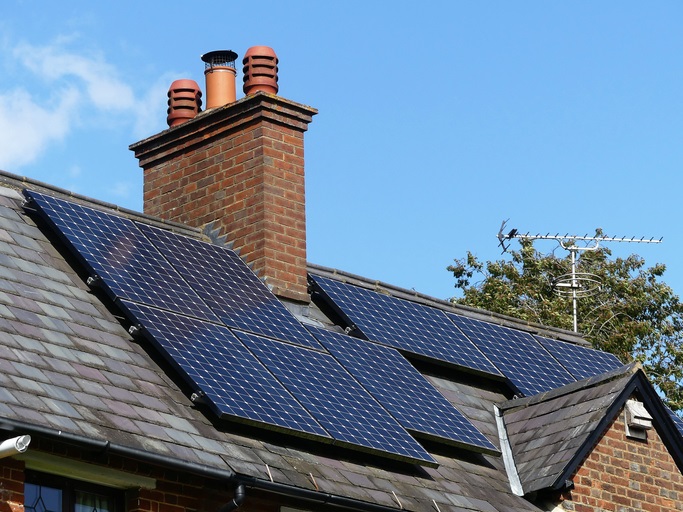The program, created by the California Public Utilities Commission, is designed to help households generate and store their own electricity
A new round of state funding will soon make it possible for hundreds of low-income homeowners in Los Angeles to receive solar panels and battery storage systems at no cost, under California’s Self-Generation Incentive Program. The application window opens September 29 for customers of the Los Angeles Department of Water and Power.
The SGIP program, created by the California Public Utilities Commission, is designed to reduce greenhouse gas emissions and increase grid reliability by helping households generate and store their own electricity. This round of funding targets single-family homes and multifamily buildings that meet specific income and location-based eligibility requirements.
To qualify, single-family households must earn 80% or less of the area median income (AMI) and provide documentation of income. Multifamily properties must have at least five deed-restricted affordable units and meet further criteria, such as being located in a state-designated disadvantaged community.
While the program is state-funded, installation and application processes are largely facilitated by third-party developers like Haven Energy, a private energy company that has positioned itself as a major player in the SGIP rollout. Haven says it has already prepared over 1,500 applications statewide since the SGIP Residential Storage and Self-Generation Equity (RSSE) track reopened earlier this year.
Energy reliability remains a critical concern in California, particularly during wildfire season when outages are frequent. LADWP customers faced nearly one million outages during January’s
Palisades and Eaton wildfires. Rising energy costs are also a concern, with LADWP rates increasing 11% in 2025, and projected to continue climbing.
Haven estimates that 1,000 to 1,500 LADWP customers may be eligible for this round of SGIP funding, but as with past iterations of the program, funds will be distributed on a first-come, first-served basis.












